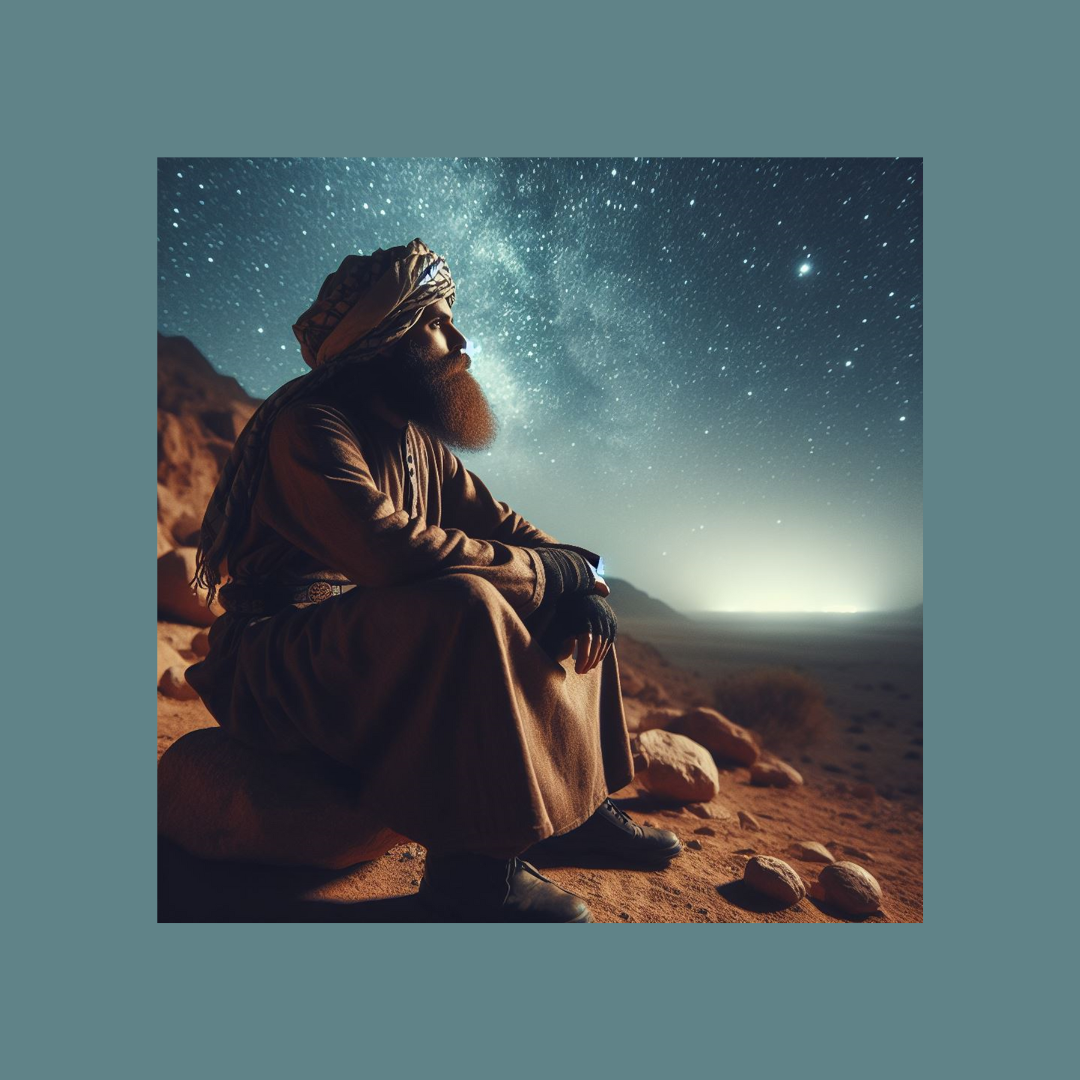
ABRAHAM ā brə’ hăm (אַבְרָהָ֤ם).
“The primary source of Abraham is the narrative account given in Genesis 11:26-25:18. Significant is the fact that throughout the rest of the Old Testament, he is mentioned by name more than forty times. The number of references by New Testament writers exceeds seventy. Numerous archeological discoveries, especially during the last century have provided a wealth of material for the understanding of the cultural and historical background of the times in which Abraham lived. The etymology of the name of Abram is uncertain but the lengthened name Abraham bears the explanation “father of multitudes” (Gen 17:5). The Encyclopedia of the Bible
Father of the Multitudes

This past week, I went to a school to read my picture book The Donkey’s Song to a group of children. I got lost en route, and I hurriedly entered the room and read without assessing the crowd. In the same way I always do, I explained that The Donkey’s Song has a multicultural message. I told the children that the big takeaway from my book has to do with magic and light, and before I read the book, I told them to watch for the passages that suggest both magic and light. The children had no problem with that challenge.
I asked the children if they knew what the word “Nativity” means — Natity has to do with birth.
What Do the Words “Nativity Story” Mean? The Donkey’s Song Also Has A Multicultural Message
Before I left that day, my eyes moved around the room, and I saw one little girl with a headdress suggesting she was Muslim and of the Islamic faith. Muslims honor Abraham, as do the Jewish people and Christians.
Through the ancient leader Abraham, many people are united, and I feel it is important to spend some time today talking about the life of that great man.
Like most ancient people, Abraham’s family were pagans, and they worshipped many gods. Abraham’s family lived in the area called Ur, which is in the lower Mesopotamian region: Image Credit: The Student Bible Atlas by Tim Dowley – Amazon
Image Credit: The Student Bible Atlas by Tim Dowley – Amazon
Abraham’s Name Originally Was Abram
31 Terah took his son Abram, his grandson Lot son of Haran, and his daughter-in-law Sarai, the wife of his son Abram, and together they set out from Ur of the Chaldeans to go to Canaan. But when they came to Harran, they settled there. Genesis 11:31

Image Credit: Detail of a Map from the Student Bible Atlas by Tim Dowley
“Israel traced its origin to Babylonia. It was from “Ur of the Chaldees” that Abraham “the Hebrew” had come, the rock out of which it was hewn. Here on the western bank of the Euphrates was the earliest home of the Hebrews, of whom the Israelites claimed to be a part. Sayce, A. H. Early History and the Surrounding Nations
Ur is in the ancient Chaldean region of Mesopotamia.
Most of the Chaldeans were Pagan:
Mesopotamia in Bible History – Pagan gods & the Idols – Ancient Mesopotamian Paganism
God Told Abram [Abraham] to Move
The Call of Abram
12 The Lord had said to Abram, “Go from your country, your people and your father’s household to the land I will show you. Genesis 12:1
God Told Abram [Abraham] He Would Father Many Descendents and Become the Head of a Great Nation:
2 “I will make you into a great nation,
and I will bless you;
I will make your name great,
and you will be a blessing.[a]
3 I will bless those who bless you,
and whoever curses you I will curse;
and all peoples on earth
will be blessed through you.”[b]
Genesis 12:2-3.
4 So Abram went, as the Lord had told him; and Lot went with him. Abram was seventy-five years old when he set out from Harran. 5 He took his wife Sarai, his nephew Lot, all the possessions they had accumulated and the people they had acquired in Harran, and they set out for the land of Canaan, and they arrived there. Genesis 12:4
Jesse Tree -Jacki Kellum Design
Color Study for Illustration Created in Crayola Magic Marker
Draw a Jesse Tree Design
Remember that Jesus came out of the same Family Line as Abraham.

Discover more from Jacki Kellum
Subscribe to get the latest posts sent to your email.